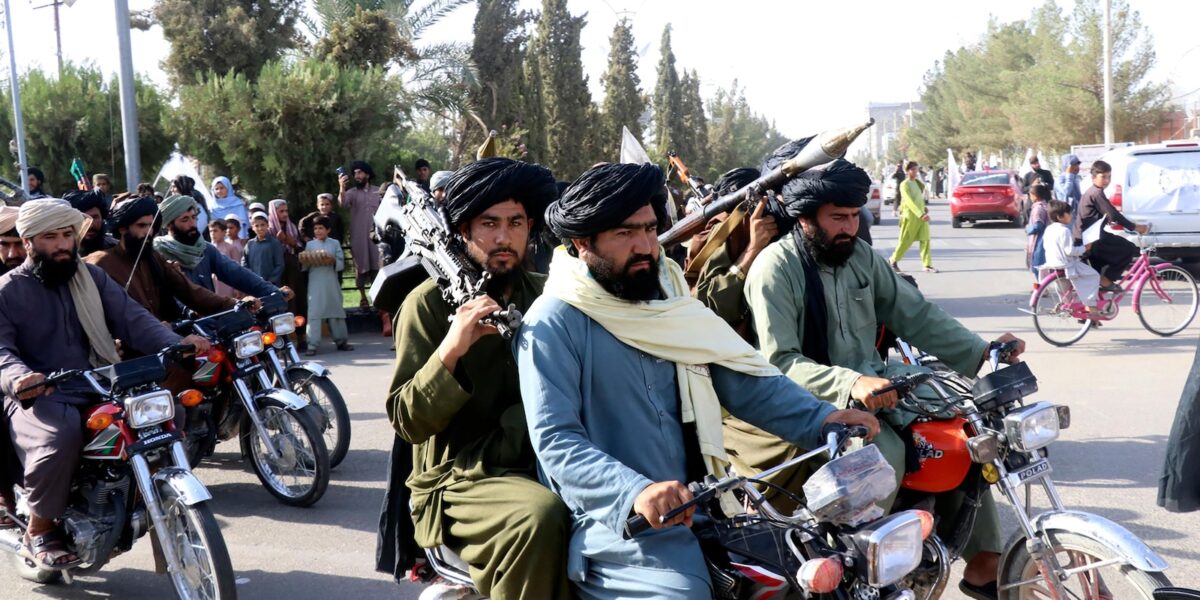A U.N. spokesman says the United Nations will continue to engage all stakeholders in Afghanistan including the Taliban, even though they issued a ban on women’s voices and bare faces in public and severed ties with the U.N. mission
ISLAMABAD — The United Nations will continue to engage all stakeholders in Afghanistan, including the Taliban, a U.N. spokesman said, even though Afghanistan’s rulers issued a ban on women’s voices and bare faces in public and severed ties with the U.N. mission after it criticized them.
U.N. spokesman Stephane Dujarric in New York defended the United Nations Assistance Mission in Afghanistan, or UNAMA, and its head Roza Otunbayeva, who said that the new laws provided a “distressing vision” for Afghanistan’s future.
She said last week the laws extend the ” already intolerable restrictions ” on the rights of women and girls, with “even the sound of a female voice” outside the home apparently deemed a moral violation.
The laws were issued after they were approved by supreme leader Hibatullah Akhundzada. The Taliban had set up a ministry for the ” propagation of virtue and the prevention of vice” after seizing power in 2021. They say the laws are based on their interpretation of Sharia law.
The ministry called on international organizations, countries and individuals to respect the religious values of Muslims. It announced on Friday that it will no longer cooperate with UNAMA because of its criticism of the laws.
“We have been very vocal on the decision to further make women’s presence almost disappear in Afghanistan. In terms of the contacts with the de facto authorities, I mean, we will continue to engage with all stakeholders in Afghanistan, including the Taliban,” Dujarric said at a news conference.
“We have always done so following our mandate and I would say impartially and in good faith, always upholding the norms of the U.N., pushing the messages of human rights and equality. And we will continue our work as mandated by the Security Council.”


